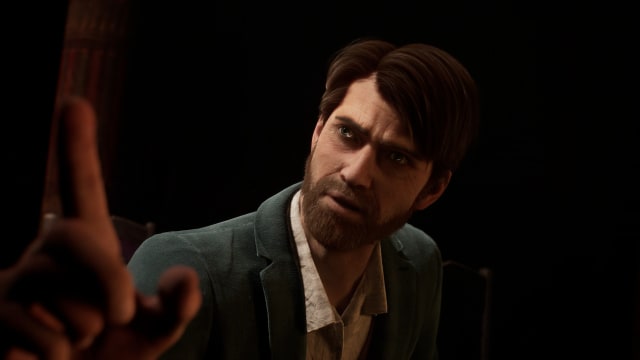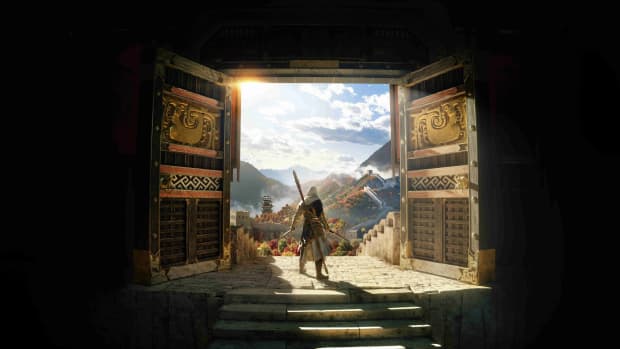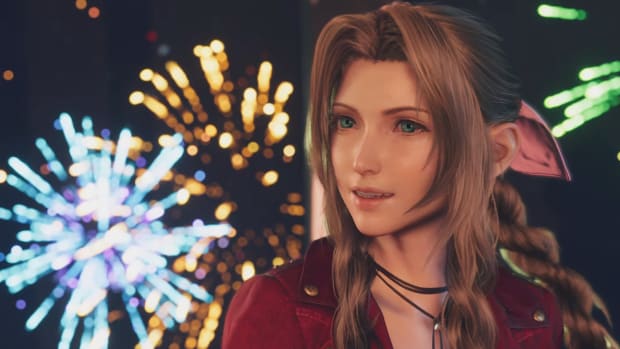
Alone in the Dark review: not quite Resident Evil
I have essentially no attachment to the original Alone in the Dark, beyond being vaguely aware of its existence through gaming magazines in my youth, so I wasn’t sure what to expect going into this remake. I knew it was a survival horror game with a big focus on puzzles, but beyond that, I was completely, erm, in the dark. What I found was a game that seemed torn between two identities, entirely unsure of what it wanted to be.
The premise of Alone in the Dark is, apparently, very similar to its original iteration. Two people, a young woman named Emily and private detective Edward Carnby, set off to investigate an apparently haunted mansion, and you, as the player, have to pick one to play as while you investigate, escape, and survive the expedition. The remake does change things up a bit, but the gist of it is that you’re looking for the woman’s uncle, who’s apparently gone mad in his old age and is now missing.
There are a lot of things I like about this as a story setup. It’s very easy to get on board with — a missing uncle in an old, creepy, possibly haunted manor is a straightforward premise that needs very little explanation. And having it set in 1920s Louisiana, with swamps and all, is a nice touch too, offering a rich visual and sonic language that’s refreshing. It doesn’t take long, though, until things start to get weird, for better and for worse.
Less than a chapter into the game, Emily finds herself walking into a strange, alternate world filled with danger, monsters, and a lot of mystery. I know that the original had some bizarre supernatural elements to it, and I have no issue with the idea of it, but it very quickly takes away from Resident Evil-like vibes of exploring a creepy old mansion, often to its detriment.
And that’s where the game trips on itself most often, in fact. It seems fully aware of its existence as a Resident Evil-like game, but it leans too hard into what the Resident Evil series looks like today, rather than what it was 20 or 30 years ago. It absolutely shines when it’s focused on its puzzles, but the second you’re shooting down zombies in a third-person, over-the-shoulder perspective, it begins to feel like a worse version of modern Resident Evil.
That’s a huge shame because, as I said, the puzzles are fantastic. There’s a really fun point-and-click logic to puzzles in Alone in the Dark — you need to look through documents to find a combination that’ll lead you to a key that can be used to unlock a shed that gives you a rope that you can use to fish a bucket out of a well. It’s convoluted and silly, but it’s fun, and it reminds me of games I loved as a child like Broken Sword.
And then, when you’re done with that, you’re back to firing off bullets at zombies in the weird alternate world. If those zombies were in any way integrated into the puzzle solving, there might be some merit, but it almost feels like a zombie-shooting minigame interspersed with the real game, and after a while it tends to get exhausting.
That said, there’s a lot to like about Alone in the Dark. In terms of presentation, it’s pretty fantastic, with rich, swampy colors on display that make you feel like you’re playing inside a sepia-toned photograph. Character models are very solid – although sometimes they do slip into the same uncanny valley that LA Noire did – and the environments, while sometimes lacking in clarity, do have a great vibe to them.
The voice acting is also brilliant, with Jodie Comer, in particular, absolutely killing it in her performance as Emily Hartwood. David Harbour, too, puts in a great performance, but Comer’s the star of the show here by a long distance. This is made even more impressive by the fact that she’s never voice-acted for a video game before.
Alone in the Dark’s biggest flaw is that it’s unfocused, unwilling to commit to its core premise, and unable to settle into anything that feels comfortable. When it’s in its puzzle-solving element, everything feels great, but in trying to ape other recent games in the survival horror genre, it ultimately falls apart.
Score: 6/10
Version tested: PS5







